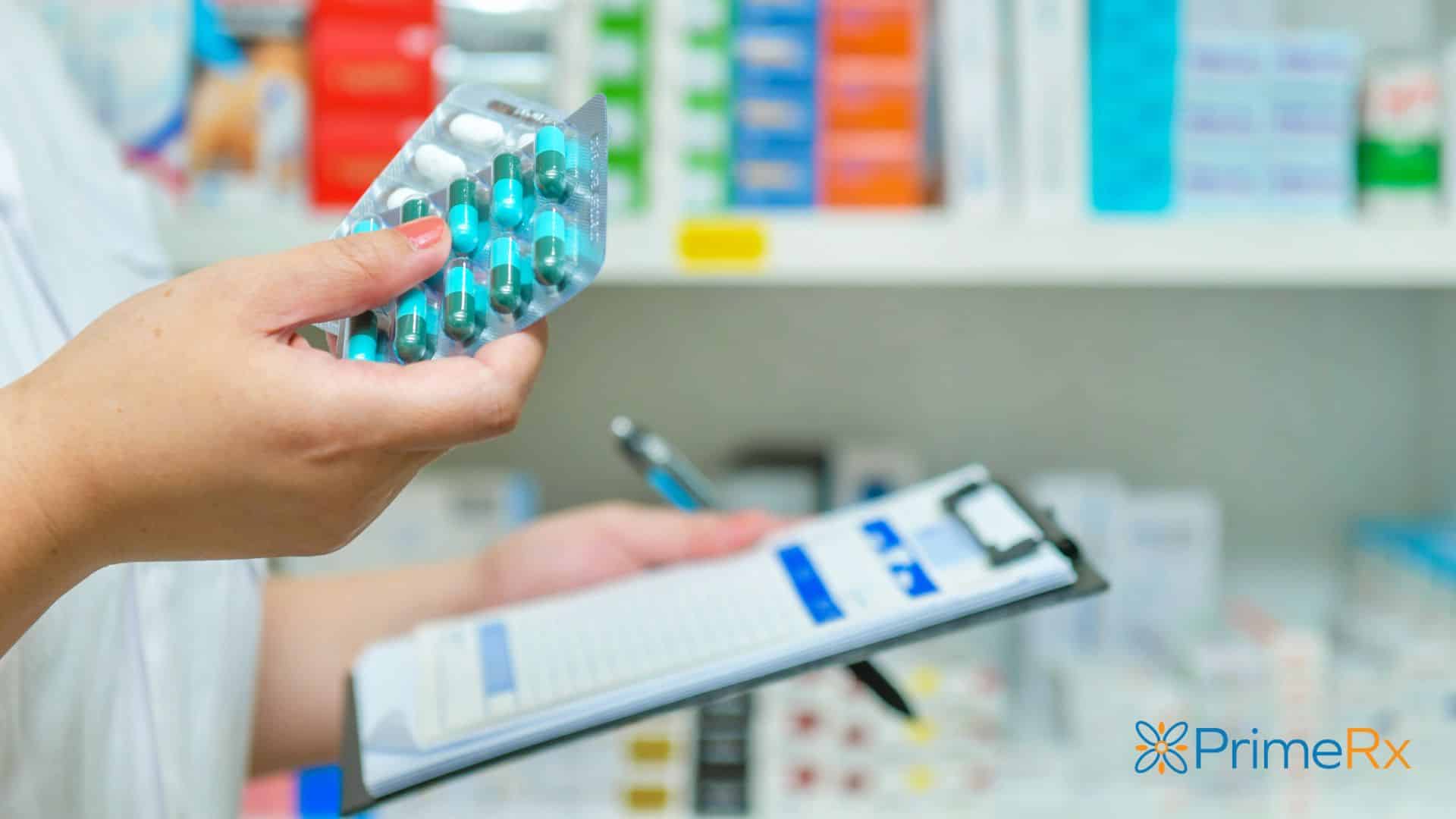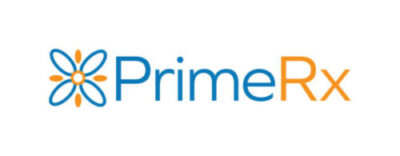
Pharmacies Have Options to
Help Save on Prescriptions
When it comes to medication affordability, patients aren’t the only ones struggling to save on prescriptions and obtain the medications they need. Pharmacists also feel the sting of high medication costs, and must spend ordinate amounts of time searching for ways to mitigate costs.
For some, this means time spent comparison shopping to identify low-cost suppliers. According to PBA Health, a pharmacist may spend “at least an hour per day” on this task, which means time taken away from other important responsibilities.
Other pharmacies seem to be considering the changes to medications they dispense. An October 2024 survey by the National Community Pharmacists Association (NCPA) found 90 percent of independent pharmacists may decide not to carry the 10 drugs subject to recently negotiated price reductions. Affected drugs include Eliquis, Jardiance, and Xarelto, among other popular medications. But operating under the government-mandated reduced-price structure would be financially unsustainable for most pharmacies. NCPA estimates pharmacists would “have to tie up $27,000 of their own money every month to stock the drugs and then wait a month or more for manufacturer refunds to make the pharmacy whole.”
The resulting cash flow crunch would simply be too much, NCPA notes, for pharmacies struggling in “an already difficult payment environment.” The NCPA previously reported that 93 percent of pharmacies were considering dropping out of Medicare Part D because of low reimbursements. This, despite Medicare Part D patients accounting for an estimated 35 percent of a typical pharmacy’s patient base.
As these examples make clear, pharmacies operate on exceedingly tight margins and must make every penny count. Opportunities do exist though, for identifying low-cost suppliers, and adding efficiency to the process. A few options are discussed below, and what’s striking about each are the added benefits they offer patients.
Opportunities For Identifying Low-Cost Suppliers & Added Patient Benefits
- Increase generic dispensing rates. Generic drugs offer higher profit margins for pharmacies than their brand-name counterparts. It’s not even close. Analysis by the Commonwealth Fund cited a study which found “gross generic margins for pharmacies averaged 42.7 percent compared to 3.5 percent for brand-name drugs.” This is due largely to extreme price differentials and volume, with generic drugs costing roughly 85 percent less than brand-name drugs, according to the Food and Drug Administration (FDA).
While generics already account for most drugs dispensed in the pharmacy, there is room for pharmacies to increase their generic dispensing rates. Pharmacies must be careful to follow state law, but the FDA suggests the importance of educating patients about the effectiveness of generics, and the significant savings they enable. Some patients, the FDA notes, mistakenly believe that the lower cost of a generic drug means it’s not as effective or hasn’t undergone a rigorous approval process. Pharmacies can help allay these concerns, and in doing so, reduce their reliance on expensive brand-name medications.
- Improve 90-day supply rates. Increasing the number of prescriptions filled with 90-day supplies is another good option for saving on prescriptions. Pharmacies benefit from increased dispensing rates, cost savings achieved from volume purchases, and the ability to retain patients who would otherwise turn to online pharmacies, the traditional source of 90-day supplies. Pharmacies also benefit from improvement in their Star ratings, particularly with regard to medication adherence.
- Join an online market for real-time cost comparisons. Thousands of pharmacies are turning to technology-based online marketplaces as a way to compare drug prices across multiple suppliers and simplify the inventory management process. PrimeRx MARKET, for example, is an industry leader that allows pharmacies real-time access to 40+ suppliers. Pharmacists can identify low-cost options in a matter of seconds, replacing a process that used to take hours. Orders can be placed for each medication, all within the PrimeRx MARKET platform.
While drug costs will always be a significant pain point for pharmacies, there are ways to fight back. The steps outlined above are a good place to start.
If your pharmacy is interested in learning more about PrimeRx MARKET, please click below to schedule a demo.
